Soil Health
All Soil Health Content
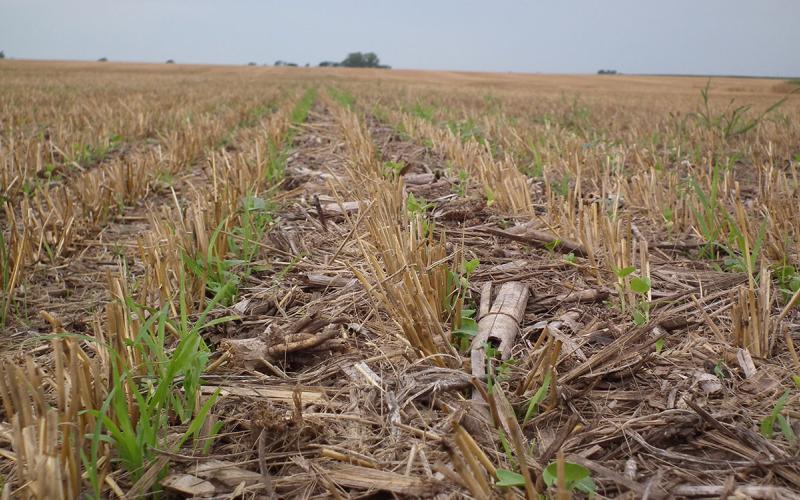
Do Cover Crops and Grazing Harm Soil Properties?
Fact sheet for a study that was conducted to compare short and long-term animal grazing on soil health and water properties at four locations in SD.
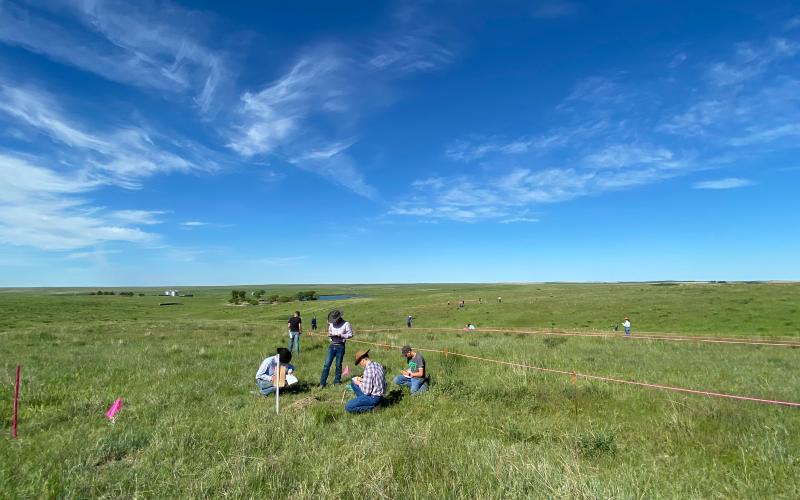
SDSU Extension Announces Rangeland and Soils Day Results
June 14, 2021
The first place 4-H teams in each judging event from both contest locations will now advance to the National Land and Range Judging Contest in Oklahoma City, Oklahoma in May 2022.
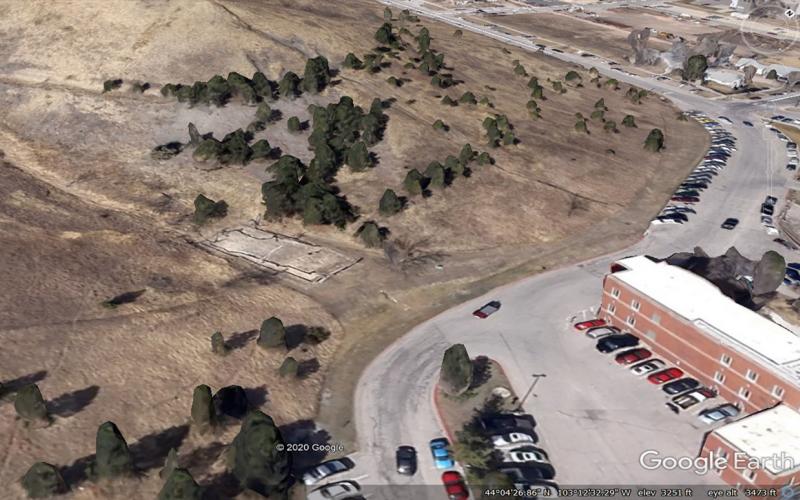
West Dakota Water Development District Looks To Improve Rapid Creek Water Quality Through Stormwater Mitigation and Erosion Control Projects
Two pilot projects initiated by the West Dakota Water Development District are intended to improve water quality in Rapid Creek by reducing suspended sediment loading over time.
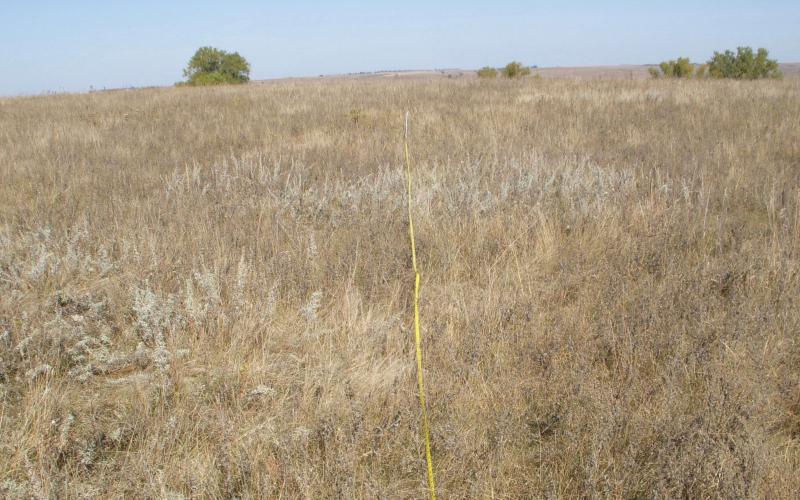
Natural Resources: The Ranch Foundation During Drought
Just as every factory needs a sturdy and healthy foundation to be sustainable, a ranch manager must keep a watchful eye on the natural resources of the ranch during drought.
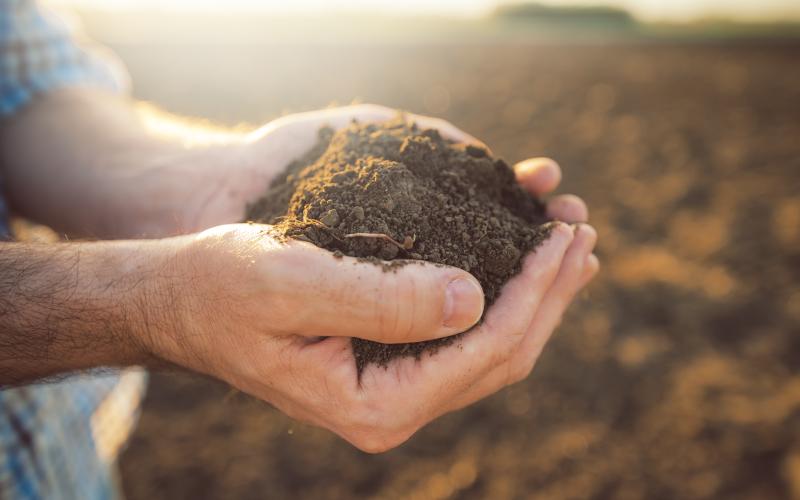
X-Ray Scanning Confirms Soil Health Benefits from Conservation Practices
Summary report of X-ray scanning confirms soil health benefits from conservation practices.
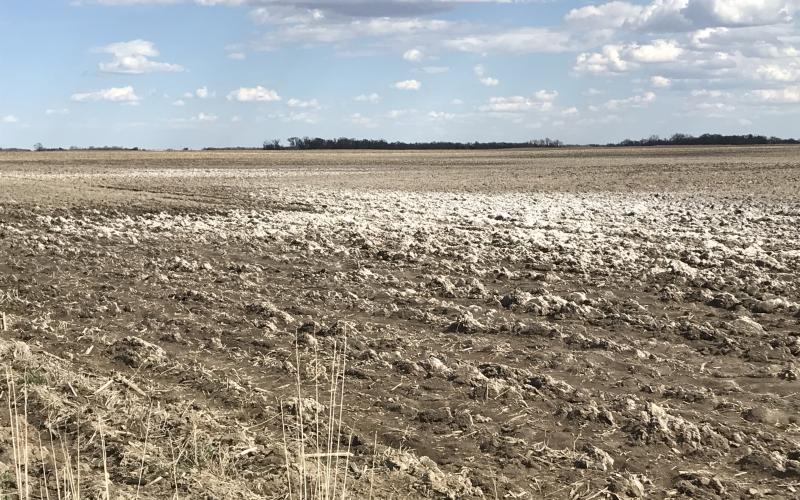
Revegetation of Salt-Impacted Soils in South Dakota
This publication provides suggested native species suitable for the revegetation of salt-impacted soils. The suggested species are listed as native to South Dakota according to the USDA NRCS Plants Database.
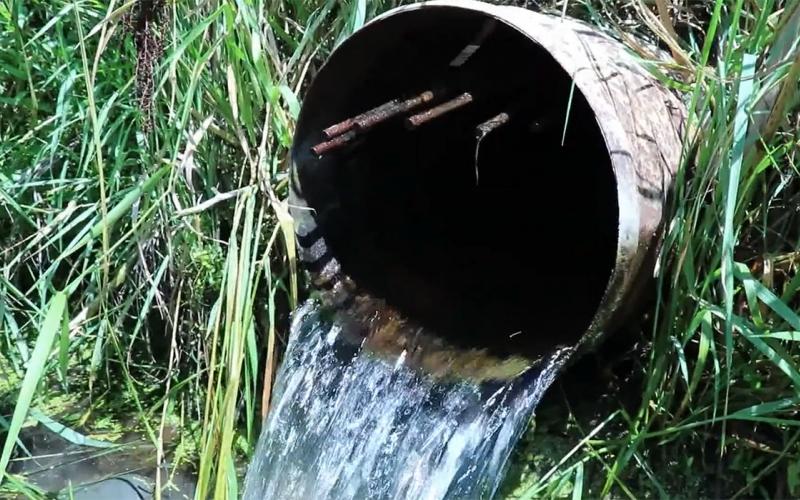
Nutrient Loss Calculator
Trying to figure out the nutrient loss in your tile drainage system? The Nutrient Loss Calculator can help. This useful tool helps landowners collect a snapshot of nutrient loss in their drainage systems.
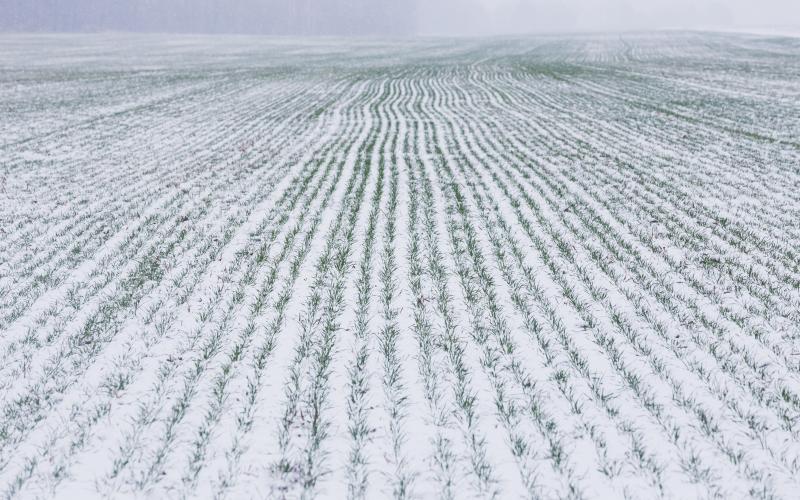
Effects of Snow on Wheat
Even though snow that comes with the onset of cool temperatures can be a nuisance for our daily activities, it can benefit a winter wheat crop a great deal.

An Introduction to Salt-Impacted Soils in South Dakota
Introduction of salt-impacted soils in South Dakota for landowners.
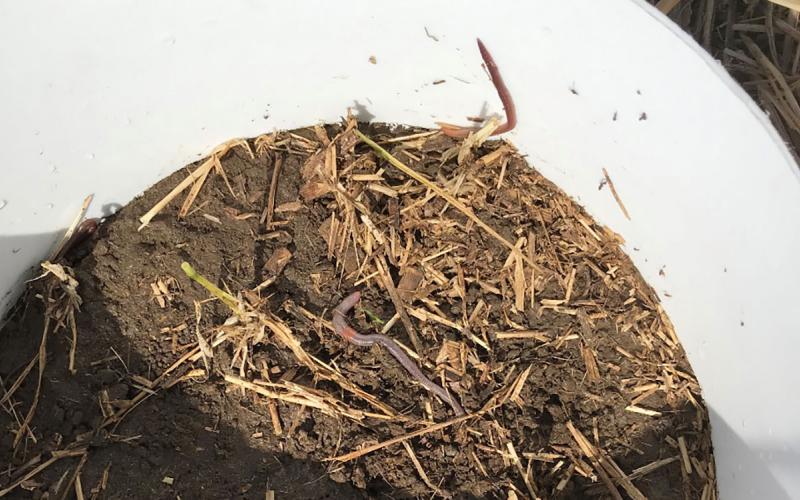
How’s Life in the Soil? Ask (Count) the Earthworms.
Earthworms are ‘very special’ creatures on earth, and their contribution in soil nutrient cycling and fertility management has been acknowledged from the beginning of agriculture. So, the question needs to be asked, how can we help improve earthworm populations?